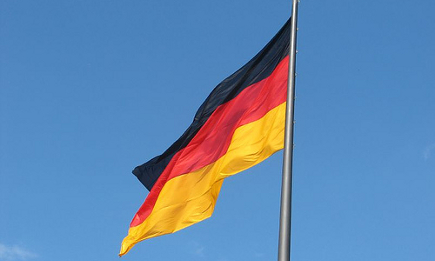New DAAD head wants 22% more internationals

Since 2006, Wintermantel has been head of the”Hochschulrektorenkonferenz”, a group representing the interests ofGerman universities. In 2009, she was also elected into the boardof the European University Association (EUA), an internationaluniversity lobby.
She made her first public speech in her new function in Berlinlast week. Wintermantel emphasized that the “Deutscher AkademischerAustauschdienst” (DAAD) wants more German students to go abroad.Right now, only 1 out of 3 students spends at least part of theirstudies at a foreign university. “Compared to other countries, thisnumber is quite high. But considering globalization, we should beable to increase this share to 50%.”
Tuition fees for non-EU students
Furthermore, Wintermantel
To make this ambition financially feasible, Wintermantelbelieves that Germany should consider charging tuition fees tonon-EU students. At the moment, this group of internationalstudents pays only marginal or no fees at all. “To guarantee thefundamental funding of our universities we need to attract morefinancing from private donors or tuition fees.”
Not long ago, Sweden implemented a similar policy with mixedresults. At first, the number of international students
Meest Gelezen
Vrouwen houden universiteit draaiende, maar krijgen daarvoor geen waardering
Wederom intimidatie van journalisten door universiteit, nu in Delft
Hbo-docent wil wel rolmodel zijn, maar niet eigen moreel kompas opdringen
‘Burgerschapsonderwijs moet ook verplicht worden in hbo en wo’
Raad van State: laat taaltoets nog niet gelden voor hbo-opleidingen

